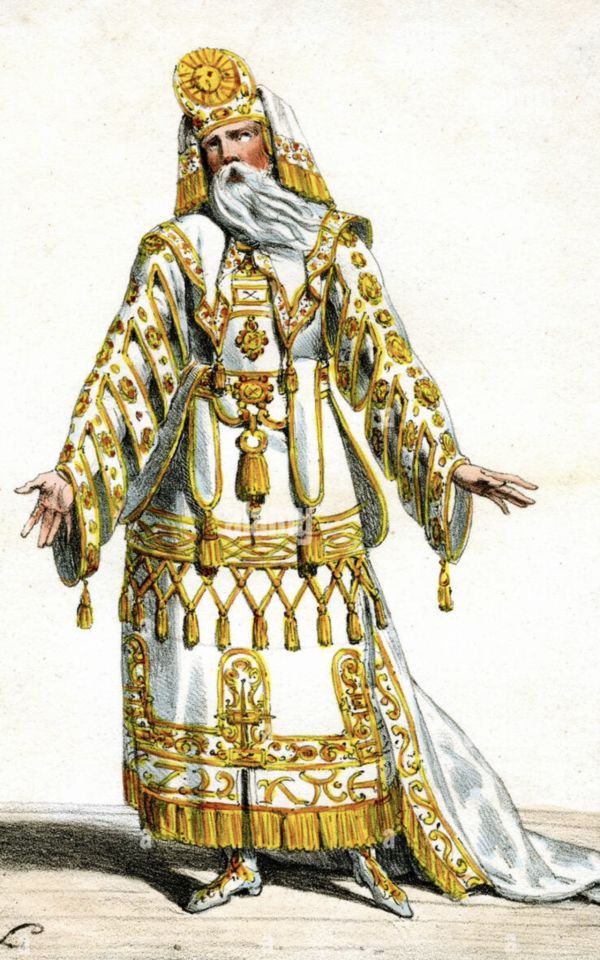Being present to oneself: do not replace love with flakes and bows
(Mt 23:1-12)
The New Relationship between God and man could not be contained within the detailed rules of the First Covenant and its heavy customs.
At the time of Jesus, such sick obsessions of snooty verticism dominated, therefore only epidermal; incapable of providing breath, freedom, propulsive motivation.
The pyramidal conception of the world and the exterior idea of the plot of the spiritual life do not correspond to Revelation.
Our reality is interwoven with opposing states, which innervate and complete; even making move forward. Sometime turning into a torrent in flood.
A refusal, an abandonment, an experience of failure, limitations, illness or others’ disregard - even a crisis - can bring us back to the dormant energies of life and give birth to the new Person.
How to contact our new ways of being? What precautions should be taken to enter a regeneration dynamism that helps to develop a lively climate - and where to start?
Jesus proposes Faith: a founding Relationship, that is, a new way of placing oneself before the Father and the world... with a trusting, spousal and creative attitude; in the initiative of another point of view.
Multifaceted love, Eros coming to us in a palpable dialogue - not without inner struggles.
This in the time of a path (singular, not at all traced or external). Even on the spur of the moment, annoying, because it goes against the tide.
The religious authorities, on the other hand, sought their security in the rigorous and conspicuous observance of the written and oral Law.
Without risk or mind-boggling customizations.
Faced with such an accommodating mentality, free from vertigo, the young Master insists on the practice of Friendship [much stronger than willpower] which relativizes the obligations.
He thus gives its true sense to the profound Tradition, rediscovering the authentic meaning of the Torah and the rules of behavior.
After all, it was precisely the spiritual leaders of the official religion who were the first to disbelieve what they preached to others... or felt exempt from it, because they were used to thinking of themselves as elective, recognised, selected, chosen models - almost cast from above.
The exaggerated spirit of control is a false attitude in itself - it causes excessive forcing, deaf to the inner core. But also deleterious for the building up of a family atmosphere, or encounter’s culture, synodal way; and so on.
By insisting, on the other hand, on the [yes, infallible] attitude of mutual service, there will no longer be time to get caught up in vanity, the dispute over priorities, discussions, and the gap between saying and doing.
Where can the theatre of unlove, which does not vitalise but depresses God's people, re-start from, instead?
From the imperishable scribes and pharisees (v.2). Self-styled superiors, with a limited and reductive yardstick.
Well, according to the Gospels, whoever assumes direct ecclesial duties has no right to any "ribbon": he’s simply a «deacon» (v.11) of the sisters and brothers.
To internalize and live the message:
Do you like ribbons? What does your soul say about peacocks?
[Tuesday 2nd wk. in Lent, March 18, 2025]












